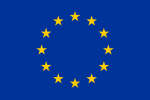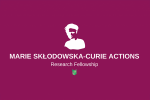by Javier Redondo
After a few Schools and at the end of the second year of the project, it was finally time to hold a School in Torino. As the project PhD student at the University of Turin, I had the great pleasure of being one of the organizers of the event, together with my supervisor, Prof. Maria Luisa Sapino and with two other professors here at the university: Paolo Castagno and Matteo Sereno. This school would also not have been possible without the invaluable help of the project members at the ISI Foundation: Daniela Paolotti and ESR Kausutua Tjikundi. At first, organizing an event like this may seem like a hard task. Once the event finished, however, I realized that the support and help of others makes the task far more feasible. Moreover… I was not the first ESR to collaborate in the organization of a School! Many thanks to Gosia (the ESR in charge of the organization of the Plön Winter School in November 2022) for all of her advice.
Now that the introductions have been made, we can turn to the School itself. Summer School 2023 was held from June 5 to 9 in Turin, and what could go wrong in a city as beautiful and touristic as Turin at the gates of summer? Everyone was excited about the pasta, the pizza, the good weather, and the Italian atmosphere.

The organization of an event of this size begins several months in advance. These are months of many meetings and mails to try to adjust the contents and the program as much as possible to the requirements of all the participants. For a project like EvoGamesPlus there are many moving parts: in addition to the 15 ESRs (except Christo, who finally could not attend), there are also their supervisors, other researchers of the project and, on this occasion, even other PhD students interested in the content of the School. And we have to take into account that each person comes from a different country, even from the other side of the Atlantic. We also need to coordinate the days and times available for the speakers to give their talks, but also other aspects such as the dietary restrictions of the attendees or who will be responsible for chairing the different sessions. In this case, and as it happened in Plön, this task fell again on the ESRs themselves. (Will it become a tradition?). As you can imagine, all of this requires very good communication.

Since Work Package 4 organized the School, they chose its theme to be their specialty: Epidemics. As we know, within the project there is a great variety of researchers who are involved in very different things (always having Game Theory in the background). We have cancer, ecology, social networks, epidemics… Therefore, when thinking about how to organize the schedule, we always had a question in mind: how can we ensure those who don’t study epidemics stay interested? The School’s two goals were to bring the EvoGamesPlus community closer together and to provide opportunities for exchanges of new ideas.
To achieve this ambitious goal, we prioritized entertaining and useful lectures, focusing on showing results and practical applications of the models, algorithms and techniques demonstrated during the various sessions. For this we had the honor of having exceptional speakers, both from the University of Turin (Milena Maule; Francesca Cordero and Marco Beccuti, with his masterclass on Modelling & Simulation) and from members of EvoGamesPlus: Daniela Paolotti, Gergely Röst, Rachel Cavill and K. Selcuk Candan (from Arizona State University). Thanks to Alessandro Cogo and Oriana Bertoia, we also had a couple of very interesting sessions on Intellectual Property and Knowledge Transfer at university. In addition to these presentations, we had some short talks given by the ESRs. This way we were able to catch up on the research of our colleagues.
And that’s not all! During the School we were also able to select the researchers who will succeed the great Monica Salvioli in her task of Social Media support (being the winners Diogo, Hanka and myself); we were able to establish the basis of what will be the joint paper that we are writing among all the ESRs (and that we hope you can read very soon); we held the traditional Supervisory Board meeting and even a Round table discussion that dealt with the interesting topic “How can evolutionary game theory help us with the most urgent challenges of nowadays”. Let’s not forget about the Hackathon, which took place all week. We were split into teams, and Daniele Baccega, a PhD student at the University of Turin, provided us with data and challenged us to model a disease outbreak. Undoubtedly, a fascinating challenge that allowed us to improve our teamwork skills and helped us to connect with the rest of our colleagues.

I must mention the food: wonderful catering and a delicious social dinner, providing traditional Italian and Piedmontese food (though with vegan options, too!), much to the delight of all attendees. The location was also picturesque: the Cavallerizza Reale of the University of Turin, a beautiful space in the historic center of the city, surrounded by stunning buildings and monuments.

Such a busy schedule made the free time all the more relaxing. The EvoGamesPlus project is fantastic and allows us to collaborate with people from all over the world. And it is at these types of in-person events that we should take the opportunity to socialize with the rest of our colleagues who live in other countries and whom we only see through a screen. Whether it is walking through the stone streets, taking a stroll through the beautiful Valentino Park, visiting the Egyptian Museum, or simply getting together for dinner. These are moments that we will all look back on with nostalgia when we become renowned researchers.
So, with these words I end. And as I said, don’t be afraid to get involved in this kind of international project (even if at some point you have to organize an event like the Summer School), because it opens your mind and allows you to meet people from all over the world.



